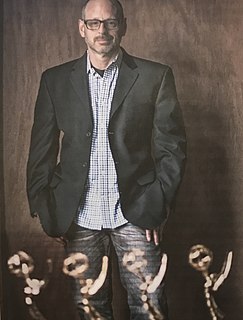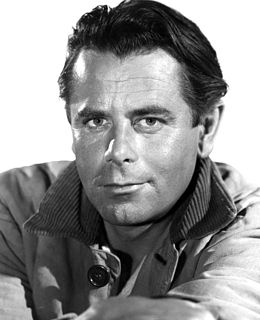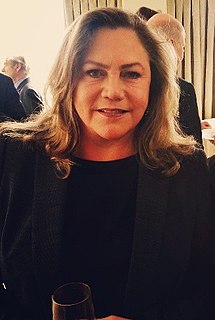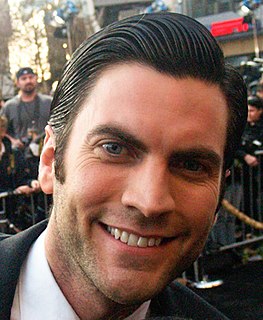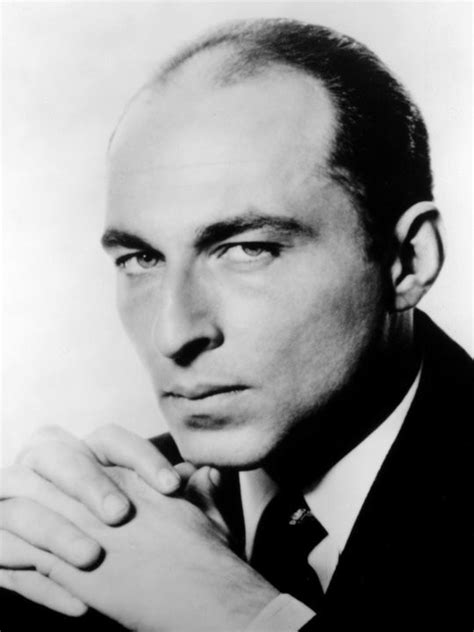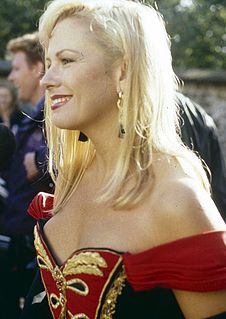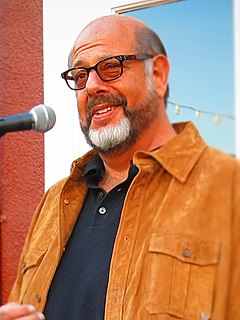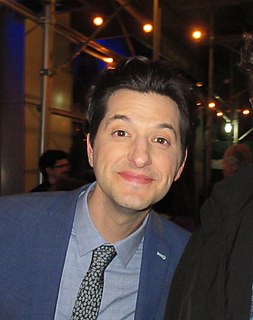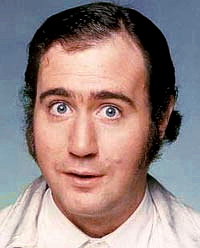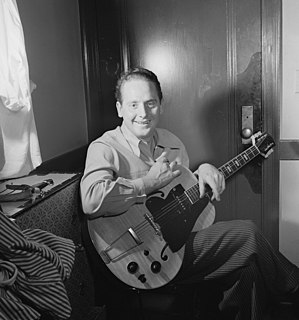A Quote by Ralph Strangis
Stage acting is a very difficult thing - and I've learned a lot and have a long way to go.
Related Quotes
I don’t care what people think…I learned a long time ago…I was 19 and had a very traumatic experience….and I learned that I have to go to bed with myself at night and that I have to please myself…and as long as I don’t go out of my way to offend anybody that I love, upset my mother or my husband…I’ll do my own thing. And if the public doesn’t like it, it’s their problem, not mine.
I've learned a lot this year.. I learned that things don't always turn our the way you planned, or the way you think they should. And I've learned that there are things that go wrong that don't always get fixed or get put back together the way they were before. I've learned that some broken things stay broken, and I've learned that you can get through bad times and keep looking for better ones, as long as you have people who love you.
One of the things I do tell young women, if they want to pursue a career in acting, is to get good stage training. It is essential to have a good basis in stage technique. You can move into film easily, and acquire more skill and more understanding, but you can't necessarily go the other way around. For women, longevity of career will very much be on stage.
A lot of actors will complain about the green screen work, but what you do get to do is what you probably should have learned, from the beginning, on stage. You have to create it in your mind and really go there to bring it. Part of the fun of acting is those challenges. You feel goofy, but sometimes that's a good feeling.
You can tell young actors it's going to be very difficult, but there's no way you can understand the difficulties and the rewards through description. You have to cellularly experience it. It's a very difficult career in the long run, but at the same time, there's no long-haul career I'd rather be involved with.
Once you go on stage you're essentially creating the world that people want to participate in. The worst thing you can do is go out on stage with the idea that you're going to communicate something you've learned and if you do it really well, they'll approve. If you go out in an approval process, you will be so nervous and so preoccupied you'll never get to the heart of what it is you want to make music with.
I'm not able to completely escape naturalism. It's very difficult to escape from naturalism without being too dry. That's what I try to do in my cinema - escape naturalism and do films that are, at the same time, realistic but have a lot of fantasy. It's very difficult in cinema to get away from what life is about, from real life. The way the actors work has to be realistic - you can't do Baroque acting - so it's very complicated. And, we're human beings, so we're not perfect. I'm trying to do something different.
When you go through a tunnel - you're going on a train - you go through a tunnel, the tunnel is dark, but you're still going forward. Just remember that. But if you're not going to get up on stage for one night because you're discouraged or something, then the train is going to stop. Everytime you get up on stage, if it's a long tunnel, it's going to take a lot of times of going on stage before things get bright again. You keep going on stage, you go forward. EVERY night you go on stage.
I think nervousness - a heightened sense of nerves and attention is a very healthy thing for a performer. It is an artificial environment that you are going into whether it's concert or recital, or stage. When I know something so well, I've done it so often, and you kind of walk out for Tuesday night's performance, or you feel like that, that makes me more nervous then being geared up. A little bit like race horses. In the same way that the horses are always difficult to get into that lineup, the worst time of my life is the 10 or 15 minutes before I go on stage.
